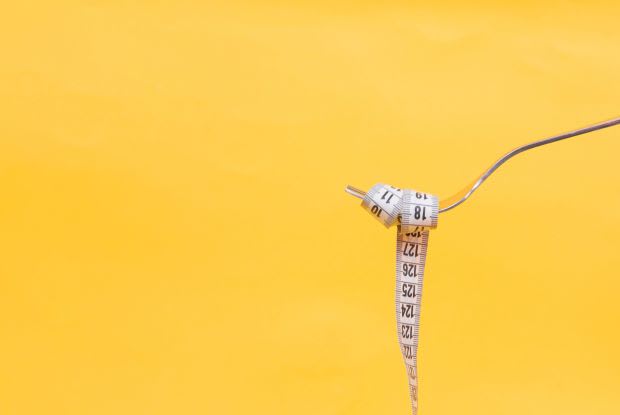Table of Contents
II. How does Jardiance Function in the Body?
III. Side Effects of Jardiance
What is Jardiance used for?
Jardiance (empagliflozin) is a medication used to regulate blood sugar levels in patients with type 2 diabetes. Type 2 diabetes is an increasingly prevalent disorder that causes a problem with how the body regulates and uses sugar as fuel. Just over 34 million Americans live with diabetes, and over 90 percent of those patients have type 2 diabetes.
Type 2 diabetes occurs when the pancreas does not produce enough insulin, and sugar cannot enter the cells to supply the body with energy. Many medications are available on the market to assist in this essential bodily process, but they all work differently.
Several risk factors increase the likelihood of developing type 2 diabetes. Being overweight and leading a sedentary (with lack of physical exercise) lifestyle are the two most common risk factors for this disorder. If your doctor believes that this treatment option would be helpful, you may be prescribed generic Jardiance (empagliflozin) to improve your type 2 diabetes symptoms. Many seek out this medication because it may assist in weight loss, but is that true? Read on to learn more.

How does Jardiance work?
Jardiance is a sodium-glucose co-transporter 2 (SGLT2) that works differently than other types of 2 diabetes medications. Jardiance does not contain insulin or interact with insulin like other diabetes medications.
Glucose (blood sugar) is blocked by the kidneys when you consume Jardiance, which increases glucose output in the urine. When you excrete glucose through your urine, your blood sugar levels will go down and regulate to a healthier level. Many clinical studies have shown that Jardiance leads to improved hemoglobin A1C levels compared to a placebo. [1]
An A1C blood test is an important diagnostic tool used during type 2 diabetes treatment. If you live with diabetes, you will regularly have your A1C level tested to ensure your blood sugar levels are regulated. This test reflects your average blood sugar level for the past two to three months, and the higher your A1C level, the poorer blood sugar control you have. So, taking Jardiance can lower your risk of diabetes complications when taken properly.

Jardiance side effects
Like all prescription medications, Jardiance has some associated side effects. If you are taking Jardiance, you likely have accompanying conditions that also require medications. In this case, you have to be careful when starting treatment to avoid Jardiance drug interactions.
Around five percent of patients experience the most common Jardiance side effects, including urinary tract infections and fungal infections of the vagina or penis. Other common side effects may include:
- Nausea
- Kidney problems
- Increased urination
- Elevated levels of fats or cholesterol in the blood
- Kidney problems
- Upper respiratory infections
Does Jardiance cause weight loss?
Weight loss is another common side effect that occurs for some patients taking Jardiance. But why does this weight loss occur? When excess glucose is excreted through the urine, the body does not retain that sugar, so you are basically urinating out calories. This can lead to the loss of body fat, which may improve your diabetes condition. [2]
In particular, Jardiance may reduce abdominal fat. Excess fat in the stomach area has been shown to increase a person’s risk of dangerous medical events such as heart attack and stroke. Reducing your belly fat is always a positive step in reducing your diabetes complications and risk of heart disease. As mentioned above, a successful diabetes treatment plan involves medications as well as positive lifestyle changes. This being said, you should not rely on Jardiance to do all the weight loss for you, especially if you are overweight or obese. You may lose a few extra pounds with this medication, but it will not change your lifestyle and diet habits. You have to make those changes yourself for long-term results. If you want to save money on your diabetes medication, visit Canada Pharmacy Depot. The content provided in this article is based on thorough research and in some cases, reviewed by a medical professional. Our goal for the information is to provide helpful, general health informational. It is not intended as a substitute for professional medical advice.

